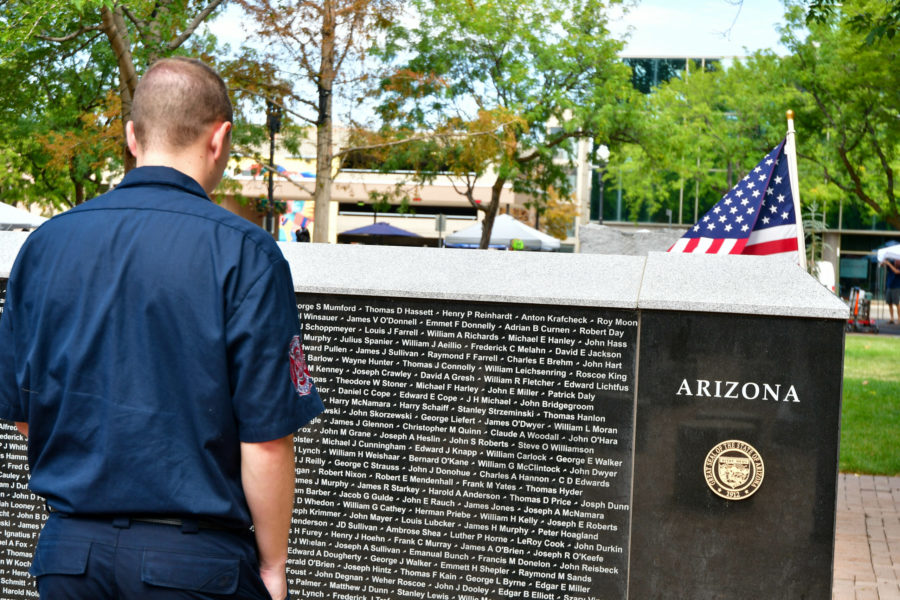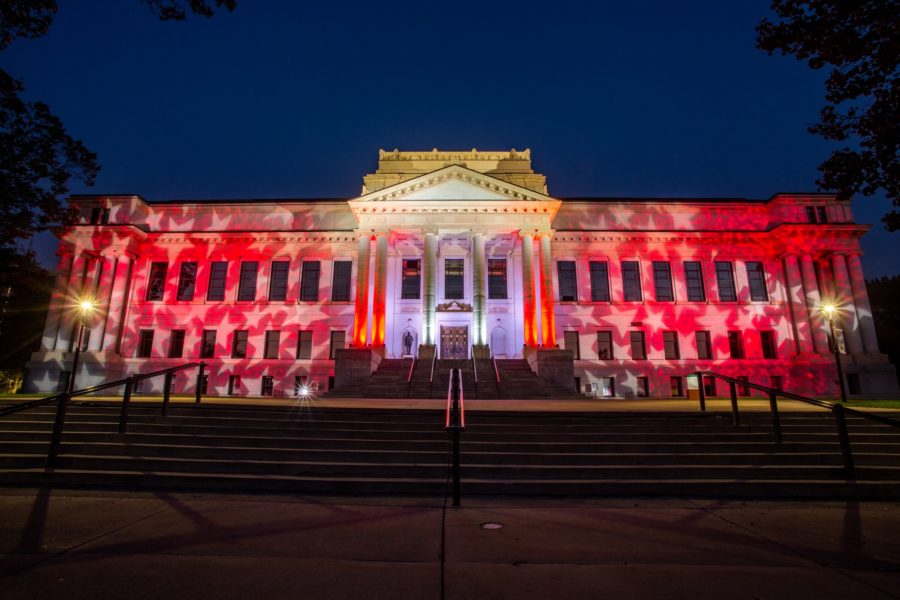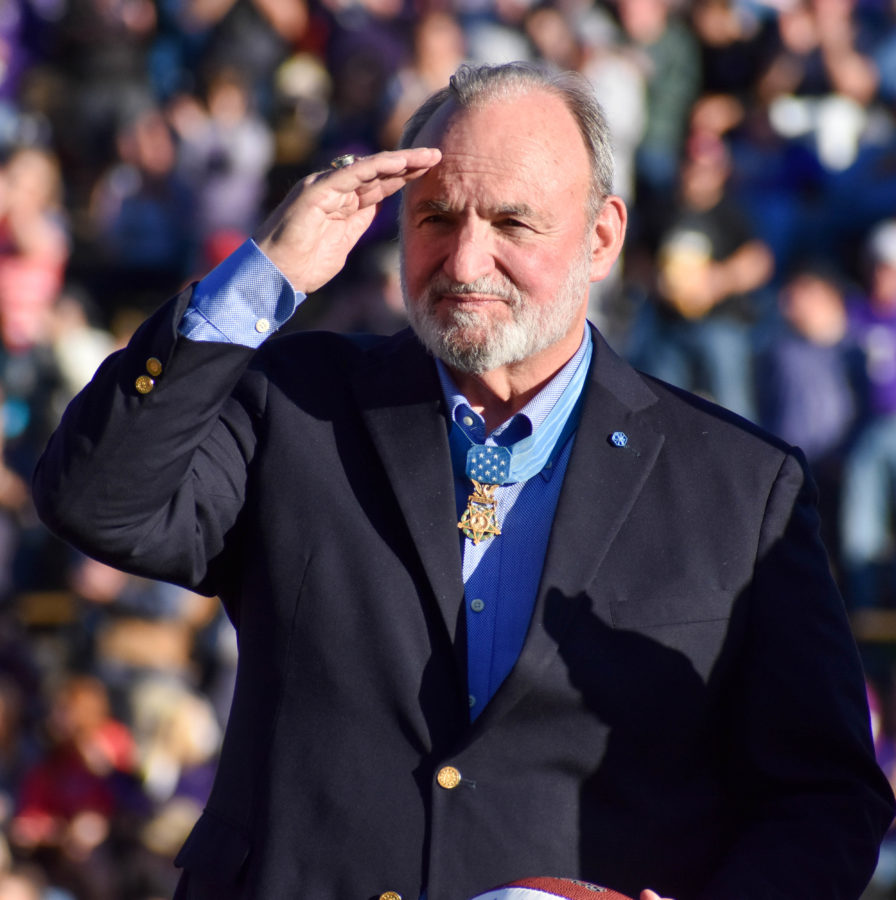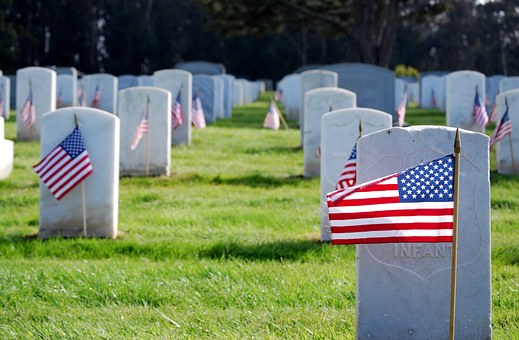A letter sent by Sen. Orrin Hatch (R-Utah) May 16, regarding alleged mismanagement and inappropriate practices by the Veterans Affairs Health Care System remains unanswered.
This comes only days after investigations in Arizona discovered that long wait times for veterans’ care allegedly led to dozens of deaths, says Arizona’s local newspaper The Arizona Republic.
A press release available on the senator’s website said Hatch asked Eric Shinseki, Secretary of the U.S. Department of Veterans Affairs, “a series of direct questions about policies and procedures at the George E. Wahlen Department of Veterans Affairs Medical Center in Salt Lake City, and ten community clinics throughout Utah, Idaho and Nevada that make up the VA Salt Lake City Health Care System.”
Sheila Simko, a Veterans certifying official at WSU’s Veterans Student Services, shared experiences with her father’s time in the Veterans Affairs healthcare system. “The care was not bad, it was the timing, the hours we spent in the emergency room,” she said. “He was in his eighties, there was always something going on.”
Simko also said that typically it would take weeks to get an appointment to receive needed care in clinics.
Hatch’s letter asked questions regarding how widespread these problems are. Simko echoed these concerns.
“What changes are they making, who’s at the top, how many other states actually have the same problem that we are not aware of yet?” asked Simko. “If they go back and do an audit and look into that, is it just Arizona, or are we talking multiple states?”
Jacob Jarrell, a WSU sophomore, pre-engineering major and veteran, has also seen many problems with the system. Though he says they could streamline the system, he points to the sheer number of veterans the Veterans Affairs healthcare system has to deal with.
“They’re still serving veterans from Vietnam, Desert Storm and the ten year war we just had,” Jarrell said. “There’s just too many veterans.”
He added that if senators and other politicians had to use the same system, things would probably be a lot different.
Jarrell, though, is lucky. He doesn’t usually drive down to Salt Lake, where the main Veterans Affairs center is located, since it is inconvenient. “I’ve got school work, I’ve got life to do out here,” he said.
Other veterans don’t have that luxury, said Jarrell. Veterans of the Vietnam War, now in their fifties, sixties and seventies often cannot afford normal healthcare coverage, especially given the extent of their injuries sustained while in the armed services. Government healthcare is often all they have.
“I just don’t think the government cares,” said Jarrell.
James Bockas, a freshman majoring in Human Performance Management and veteran of the US Navy, has little experience with Veterans Affairs healthcare. His experience with disability compensation shows the same lack of timeliness.
“For a friend of mine, he had a training accident,” said Bockas. “I think he’s getting thirty percent disability, but it took him eight months to see a cent for that.”
This is the typical experience of most veterans, though the Salt Lake clinic is better than most at getting veterans the care they need in a timely manner.
This issue hits close to home for many Weber State students, a fourth of which are veterans, according to Simko. These students usually need help transitioning from the rigors of active duty to college life.
Weber State offers Veterans Services on campus, helping veterans do just that. Services include offering direction, help coping with stress, and psychological services for Post-Traumatic Stress Disorder and other issues. They also help point students in the right direction if they need disability services or counseling.
“Support our veterans,” urged Simko. “We absolutely have to be behind them one hundred percent.”













